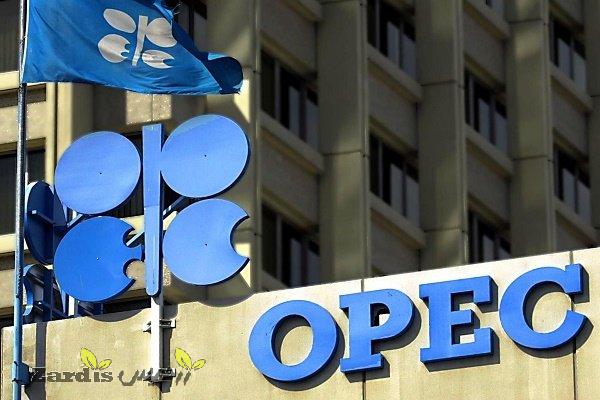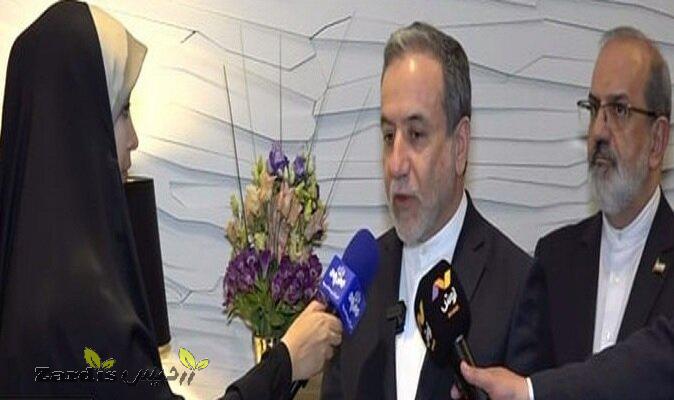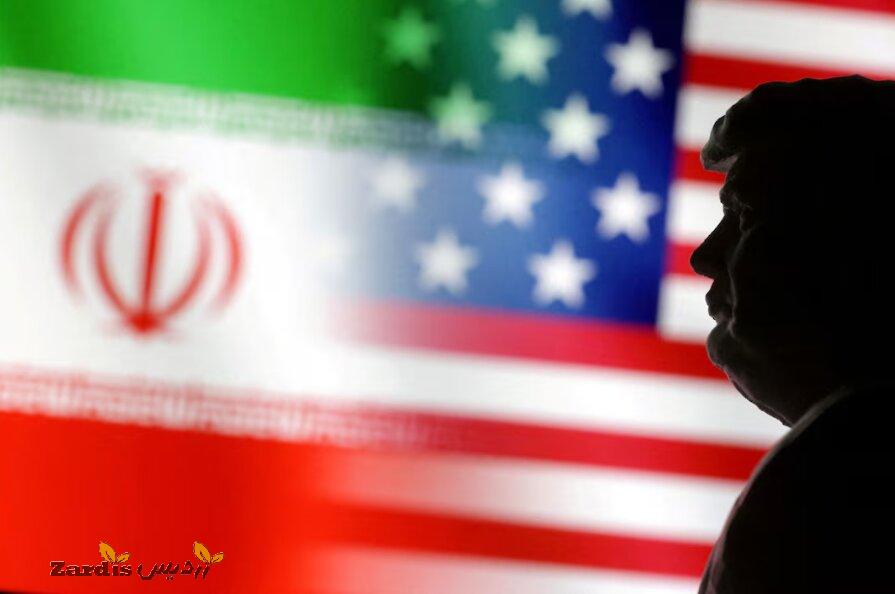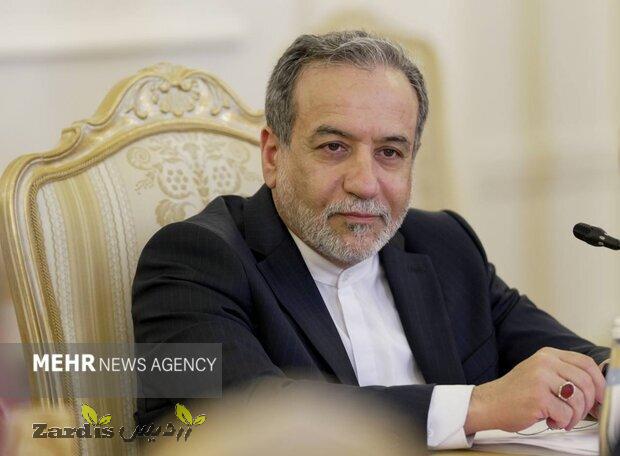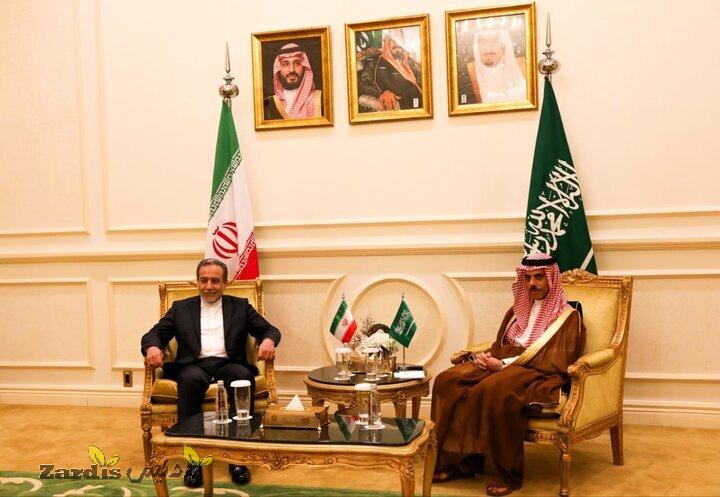Riyadh and Abu Dhabi are embroiled in a rare public dispute that has halted an agreement among OPEC plus members.
A meeting between the Organization of the Petroleum Exporting Countries plus other key oil producers like Russia had hoped to reach a deal on crude output after the group failed to reach an agreement last week.
However, a public spat between Saudi Arabia and the United Arab Emirates has led to the meeting being called off. On Friday, the energy alliance had voted on a mainly Saudi-backed proposal to boost oil production by around 2 million barrels per day between August next month until December. But It also proposed; to then extend a cap (remaining cuts) on oil production until the end of 2022. Abu Dhabi went against the agreement arguing a cut in output in 2022 would be ‘unfair to the UAE’ and that ‘the UAE had sacrificed the most, making one-third of our production idle for two years’ and that the market is ‘in dire need of higher production of crude oil.
This follows a fall in production and prices last year because of the coronavirus pandemic’s effect on the energy markets and the travel sector. Saudi Arabia hit back with the Kingdom’s energy minister, Prince Abdulaziz Bin Salman, saying ‘big efforts were made over the past 14 months that provided fantastic results and it would be a shame not to maintain those achievements, some compromise and some rationality is what will save us’.
During the Trump era, Saudi Arabia and the UAE (both strong American allies) saw common ground on a number of issues to the extent observers said each Kingdom tried to outperform the others to impress the former U.S. administration and at the same time procure the latest advanced weapons from Washington.
However, Trump facing trouble domestically with an economy battered by the Pandemic and fatalities from the virus resulting in the U.S. holding the largest death toll in the world under the former President’s watch. The Trump White House focused its attention back home as an election was looming. Since then, Saudi Arabia and the UAE have deviated on a number of issues.
In Southern Yemen, infighting broke out between different factions that each side supports and used to form a fight as one coalition. Abu Dhabi funded and trained separatist forces, while Riyadh supported militants loyal to the former government of Abd Rabbuh Mansour Hadi. For years, this alliance had fought the Yemeni army backed by Ansarullah forces. Then suddenly they began fighting each other on the streets of Aden. This coincided with the UAE withdrawing much of its military support for Saudi Arabia in its war on Yemen and refocusing its military attention elsewhere, such as Socotra island. When Saudi Arabia recently reconciled with Qatar after years of imposing a blockade on Doha (alongside the UAE, Egypt, and Bahrain) the UAE was opposed to the Saudi initiative.
Analysts say that Abu Dhabi’s normalization with Israel has given it a stronger platform from Washington to compete with Saudi Arabia economically and the rivalry between the two may expand.
- News code 26801
- 231 View
- بدون نظر
Zardis news | The latest news of Iran and the world
تمامی حقوق مطالب برای Zardis news محفوظ است و هرگونه کپی برداری بدون ذکر منبع ممنوع می باشد.
طبق ماده 12 فصل سوم قانون جرائم رایانه ای کپی برداری از قالب و محتوا پیگرد قانونی خواهد داشت.
طراحی و اجرا: سامانه سایت ساز زردیس



